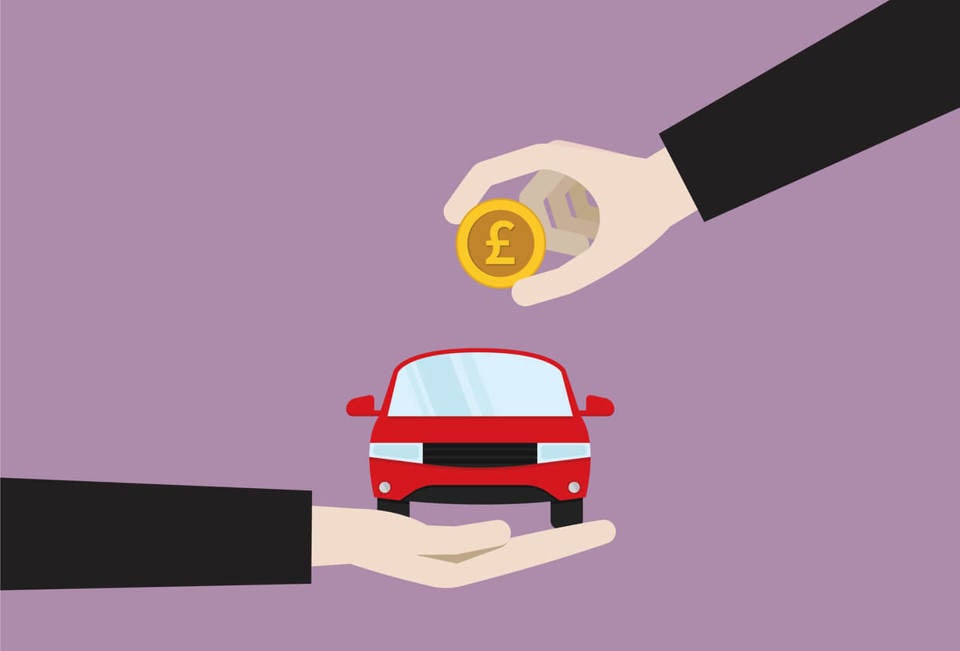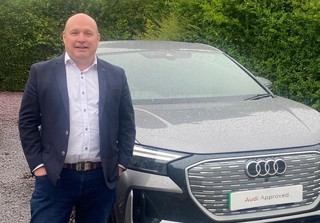Businesses offering employees access to a company car through salary sacrifice are being urged to check how changes announced in the Autumn Statement impact the benefit.
Alongside the cut to national insurance contributions (NICs), the Chancellor Jeremy Hunt confirmed that the national living wage will increase by 9.8% to £11.44 per hour.
The new rate, which comes into force in April, will also be expanded to 21 and 22-year-olds for the first time.
Caroline Sandall-Mansergh, consultancy and channels development manager at Alphabet GB, said: “While the increase of the national living wage (NLW) is another welcomed improvement for the public, it is also important to acknowledge the impact this will have on salary sacrifice schemes.
“As the NLW increases, the threshold for salary sacrifice eligibility increases with it, meaning lower-earning employees may not be granted the benefit.
“With this in mind, it will be important for those who manage fleet to review the schemes they have in place, seeking expertise where needed, to ensure employees’ access to benefits such as company vehicles can remain in place without significant disruption.”
Alfonso Martinez, UK managing director of Ald Automotive LeasePlan (soon to be Ayvens), also highlighted the Autumn Statement's impact on salary sacrifice.
“Raising the living wage and reducing the base rate of class 1 employee national insurance contributions (NICs) by 2% points (from 12% to 10%) will be welcomed by households during the ongoing cost-of-living crisis," said Martinez.
“However, these changes inadvertently affect the salary sacrifice schemes which are making electric vehicles more accessible to drivers.”
Salary sacrifice enables drivers to lease vehicles through their employer and pay for them with their pre-tax income.
As long as the vehicle emits 75g/km CO2 or less (which is true of most plug-in hybrid or electric cars), income tax and class 1 NICs are based on the remaining salary, while the driver pays benefit in kind for the vehicle and their employer pays Class 1A NICs for providing it.
“With company car tax bands as low as 2% for electric vehicles, this usually helps employers to cut their NIC bill while offering an affordable way for drivers to go electric,” explained Martinez.
“The Chancellor’s decision not to adjust class 1A rates means employers won’t see any reduction in their NICs, which could in turn be passed on to employees – who would normally cover those costs.
“Furthermore, the increased living wage means some employees will no longer be eligible, as the vehicle payments would take them below that threshold.”
He added: “With the latest BVRLA statistics showing 91% of salary sacrifice deliveries are electric, the Chancellor needs to be careful not to undermine the benefits of a system which is enabling drivers to switch to the cleanest vehicles.”
For more on the Autumn statement, click here.
























Login to comment
Comments
No comments have been made yet.